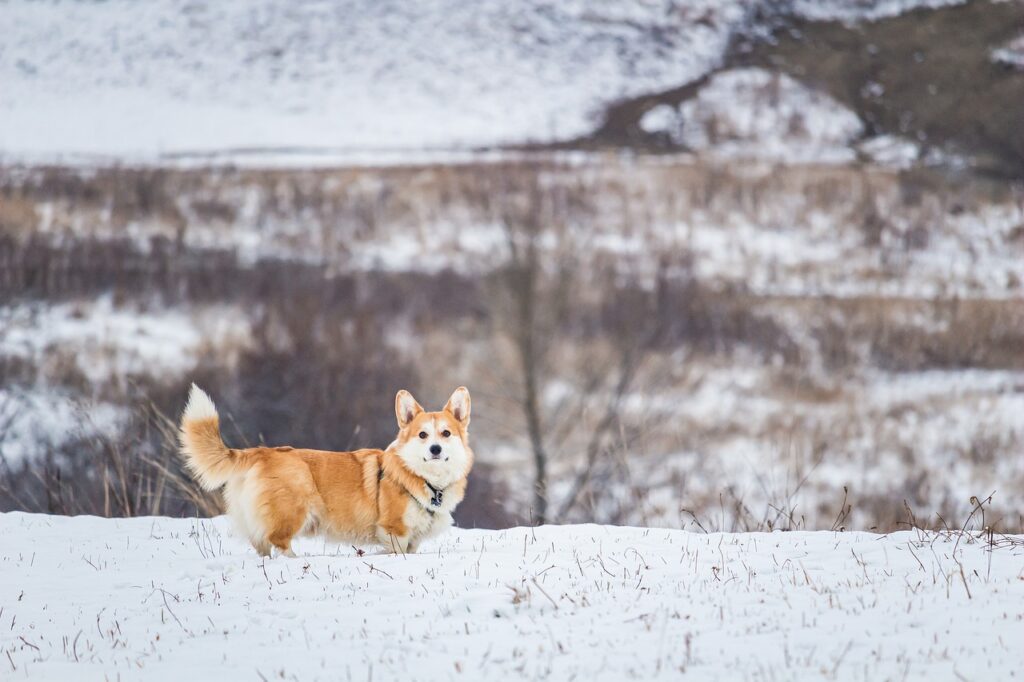Can Dogs Eat Onions? – No, They Can’t
Dogs should not eat onions. Onions, in all forms – raw, cooked, dried, or powdered – can be really harmful to your canine friend. These pungent bulbs belong to the Allium family and contain compounds that can cause oxidative damage to red blood cells leading to an ailment called hemolytic anemia. This is a serious condition where a dog’s red blood cells are destroyed faster than they can be produced, and it could potentially be life-threatening if not treated promptly.
Can Puppies Eat Onions?
No, puppies also should not eat onions at all. The risks are even higher for puppies as they have an immature immune system and a smaller body mass compared to adult dogs. Even a tiny amount of onion can cause oxidative damage in puppies, which can swiftly lead to anemia. It’s vital to keep onions and foods containing onion out of reach of puppies to ensure their safety and health.
Why are Onions Harmful for Dogs?
Several factors combine to make onions a danger to dogs:
Thiosulfate Toxicity
Onions contain a substance called thiosulfate which dogs are not able to digest. Ingesting it can lead to a condition known as onion toxicity or thiosulfate toxicity, which causes oxidative damage to red blood cells and makes them more prone to rupture.
Gastrointestinal Irritation
Eating onions can cause irritation to a dog’s gastrointestinal tract. Signs of distress may include vomiting, diarrhea, stomach pain, and nausea. Prolonged exposure to onions can result in severe digestive problems and a loss of appetite.
Secondary Complications
When dogs consume onions in larger quantities or over a prolonged period, the resulting hemolytic anemia can cause secondary complications such as organ damage, reduced oxygen delivery to the body, and potentially, death.
Symptoms to Watch Out For After Dogs Consume Onions
- Lethargy: Look for signs of weakness or unusual tiredness in your dog, which could indicate anemia.
- Breathlessness: Watch for difficulty breathing or panting, which can signify that their body is struggling to circulate oxygen due to low red blood cell count.
- Pale Gums: Normally pink gums that turn pale can be a sign of red blood cell damage.
Immediate Steps to Take if Your Dog Eats Onions
- Do not Panic: Stay calm, verify how much onion your dog consumed, and how long ago it happened.
- Contact Your Vet: Immediately call your veterinarian or an emergency pet clinic for advice and possible treatment.
- Watch Closely: Monitor your dog closely for any signs of distress or abnormal behavior while you seek professional advice.
Safe Alternatives to Onions
While onions are dangerous for dogs, there are safe alternatives that they can enjoy. Consider offering your dog these safer food options instead:
- Carrots – These are high in vitamins and a good source of fiber for dogs.
- Apples – Apples provide vitamin C and fiber but remember to remove the seeds and core before serving.
- Cucumbers – They are low in calories, which makes them a great snack, especially for overweight dogs.
Conclusion
In conclusion, onions pose significant health risks to dogs by causing oxidative damage to red blood cells, leading to hemolytic anemia and gastrointestinal issues. Vigilance in keeping onions and onion-containing foods away from dogs is crucial. It’s always a good practice to be aware of safer alternatives that provide nutritional value without the risks onions carry. Your dog’s health and safety come first, so when in doubt, always choose the safe route.
Frequently Asked Questions
Is it okay if my dog eats a small piece of onion?
No, even a small amount of onion can be harmful to dogs and should be avoided entirely.
My dog accidentally ate onion. What symptoms should I look for?
Observe for signs of lethargy, breathlessness, vomiting, diarrhea, and pale gums, and contact your vet immediately.
How long after eating onions will a dog show symptoms?
Signs of onion toxicity can appear as soon as a few hours after ingestion or as long as several days later.
Are cooked onions safe for dogs?
No, cooked onions are also toxic to dogs because the harmful compounds are not neutralized by cooking.



